Our past and our memories are perhaps the most essential aspects in our lives which can give us the key for understanding our present, our faults and how to overcome them, which is ironically also the reason we sometimes tend to suppress thinking about them. This notion is the foundation for “We Couldn't Become Adults”, a novel written by author Moegara, which was turned into a film by director Yoshihiro Mori (“Love and Fortune”) currently streaming on Netflix. Mori and screenwriter Ryo Okada, however, chose a very specific approach in their adaption of the source material, adding frequent flashbacks and fast forwards to the story, which is at times a bit too much, but makes for an interesting drama about growing up and facing the mistakes you have made in your life, and how they may have affected others.
In the life of graphics designer Sato (Mirai Moriyama), there are just a few obligations and duties he takes seriously. While his work has become tiresome and less demanding, his private life is quite a mess, with the young man being unable to keep a relationship for a certain amount of time. As soon as things start getting serious and steady, Sato leaves or buries himself in work, regarding notions of living together and marriage as bourgeois and outdated. However, he starts questioning these ideas, when, after another one-night-stand with a colleague of his, he receives a friend request from his old flame Kaori (Sairi Ito), now happily married and mother.
As Sato becomes more and more intrigued by her profile, the pictures remind him of old times, specifically the last months of 1999, before Kaori broke up with him. It is the start of a series of memories of past relationships, to Megumi (Yuko Oshima) and many others Sato has disappointed and let down over the years. When he starts investigating what has become of his old girlfriends, the memories and encounters in the present turn into a painful experience about why he is unable to love anyone and cannot maintain steady relationships.
Time, how it shapes people and those around them, is not just the narrative center of Mori's feature, but also its structural foundation. Whereas Sato's and Kaori's break-up from 2000 is the starting point, it is also the reason why the hero has to view certain events from other people's perspective, proving how his version of the past may be questionable or at least missing information. In many ways, a hero such as Sato or in general the whole story shares many similarities with the novels of writers like Nick Horny, presenting characters who have simply decided not to grow up, making them appear immature and narcissistic in a way. However, actor Mirai Moriyama manages to show Sato in all of his facets, his flaws as well as his shortcomings, while also emphasizing the loneliness of this hero and the painful realization he is responsible for the majority of what went wrong in his past.
What makes Mori's movie (and for that matter the novel too) interesting is its sense of place, and how the story of the protagonist is presented in the context of Japan's history from 2000 onward. Each encounter or event in Sato's life is combined with a distinct area or location in the Japanese capital, especially the Shinjuku district, which plays an essential part in the narrative as a whole. Its many bars serve as a diversion, and places to hook up with girls, but also an area filled with constant reminders of that one relationship which he cannot forget. While the past is always there, Sato, much like his home country, has still carried on, is only now able to comprehend what has gone wrong and probably amend his ways, and finally become an adult.
In general, there are many positives in “We Couldn't Become Adults”, especially with regard to acting. Nevertheless, its running time of over two hours and some of the flashbacks or fast forwards are points of criticism, taking away a few of the surprises and revelations, while also slowing down the narrative at points when it could have used a little more tempo.
In conclusion, “We Couldn't Become Adults” is an entertaining drama whose approach in terms of storytelling and its cast are quite fascinating and worthwhile. At the same time, Yoshihiro Mori's feature could have used a little more trimming and could have done without some time jumps and flashbacks.


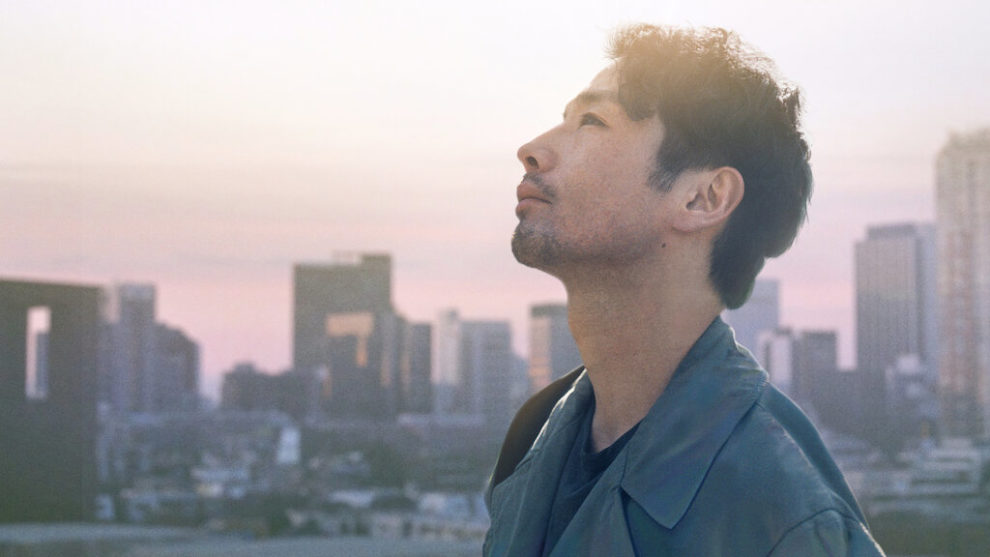

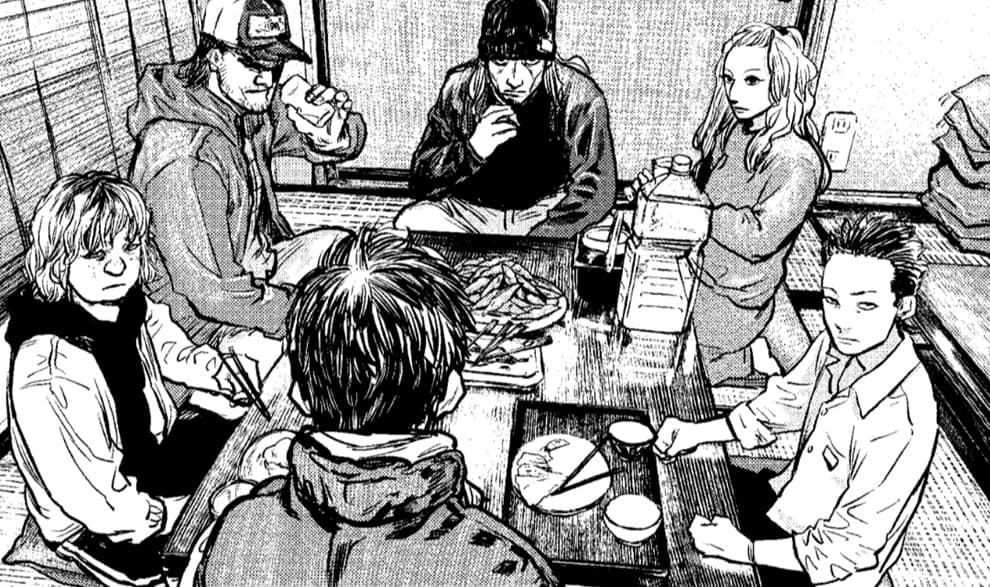
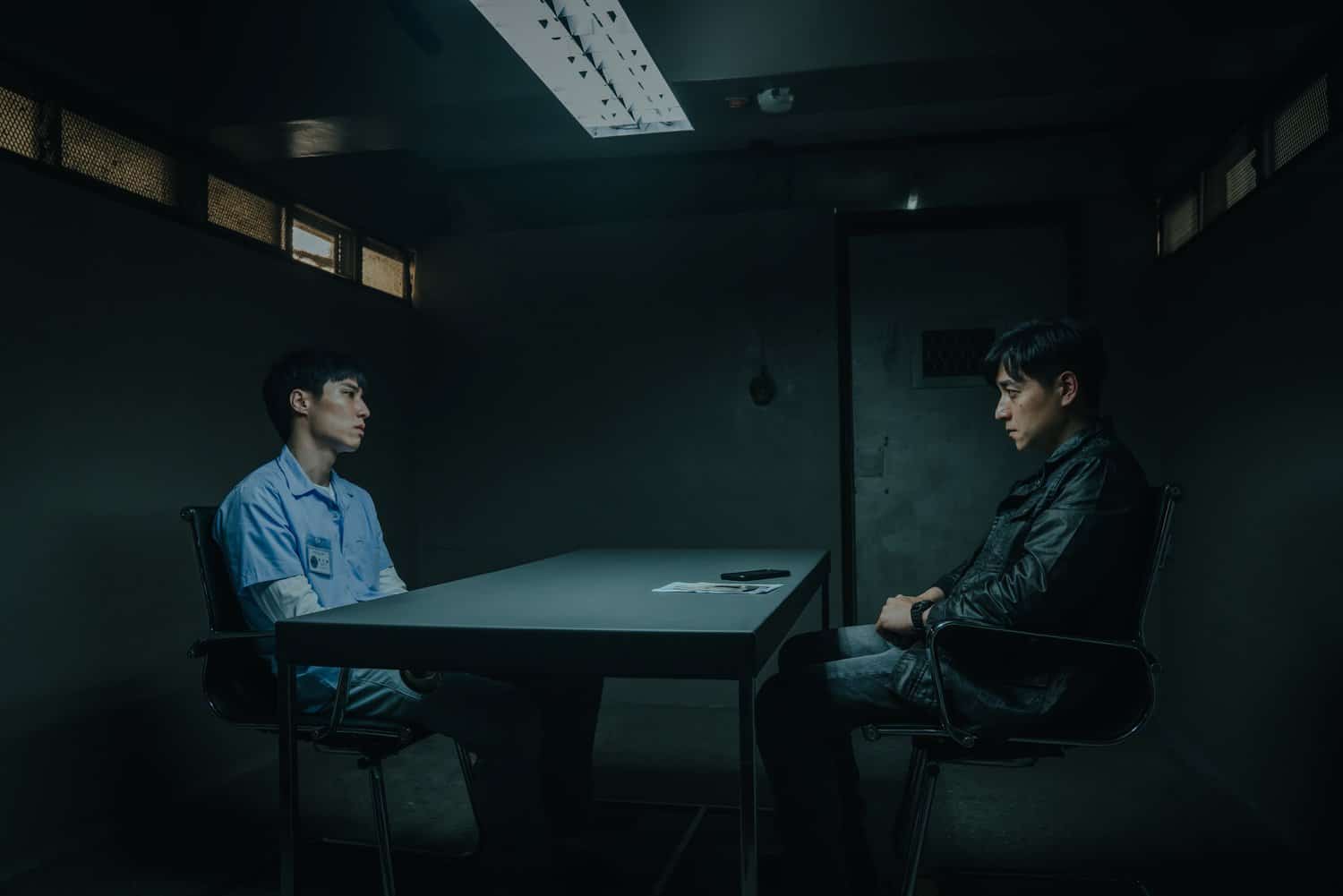
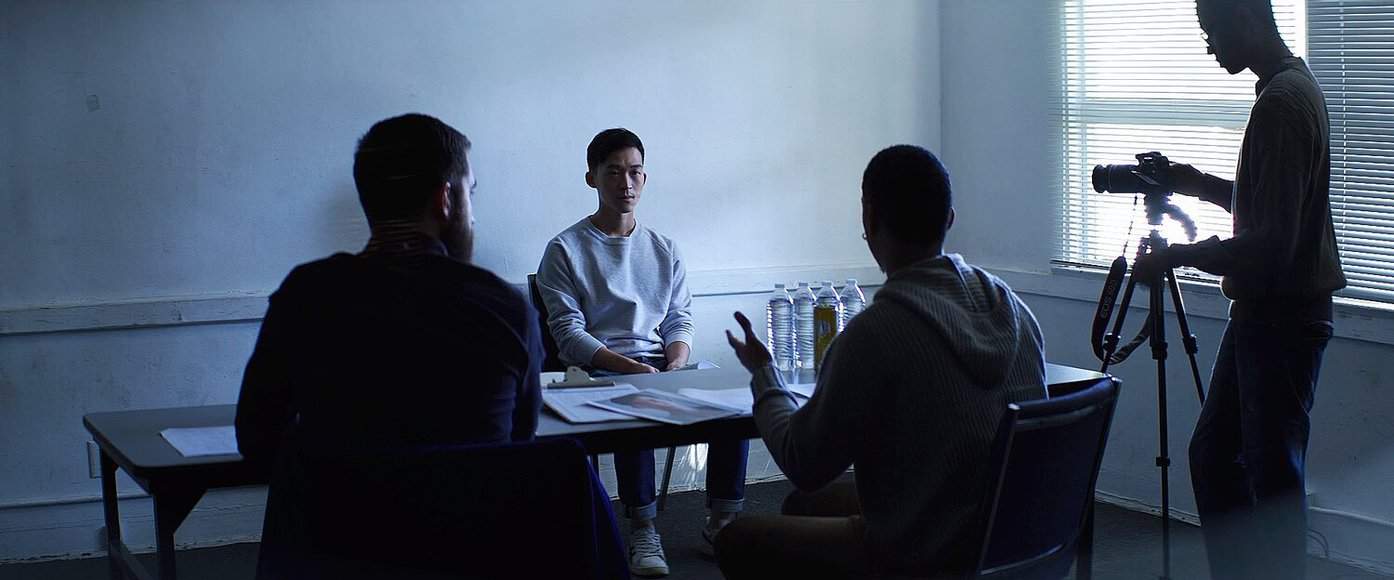
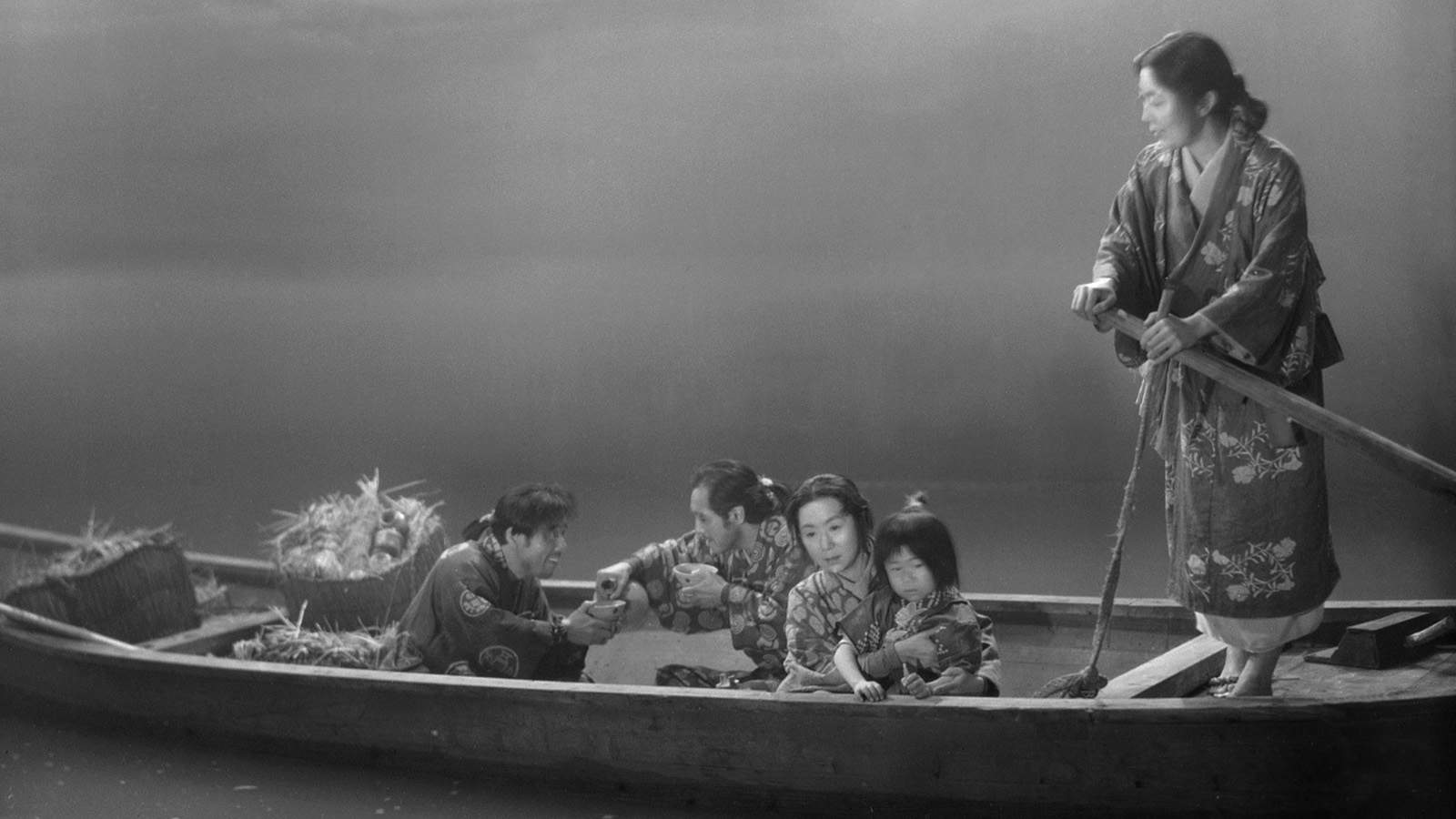
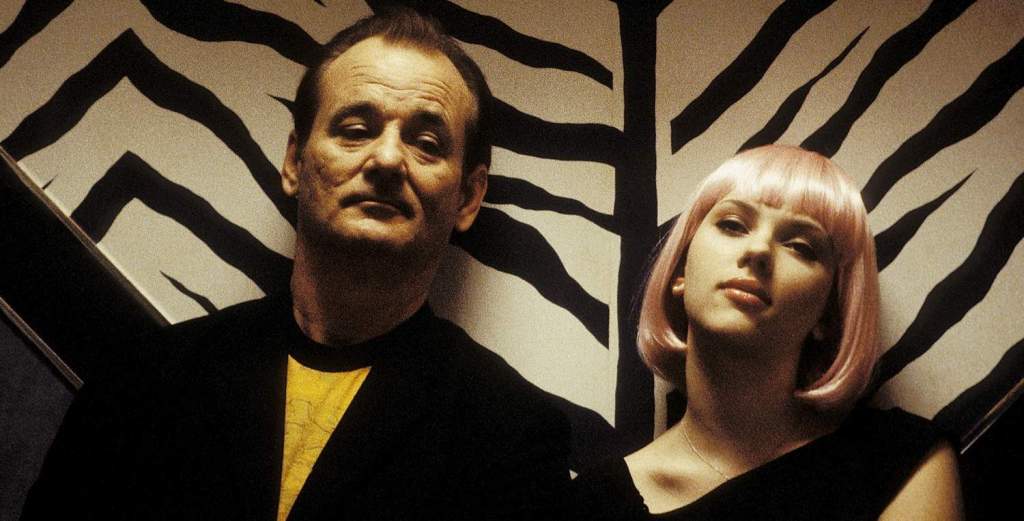
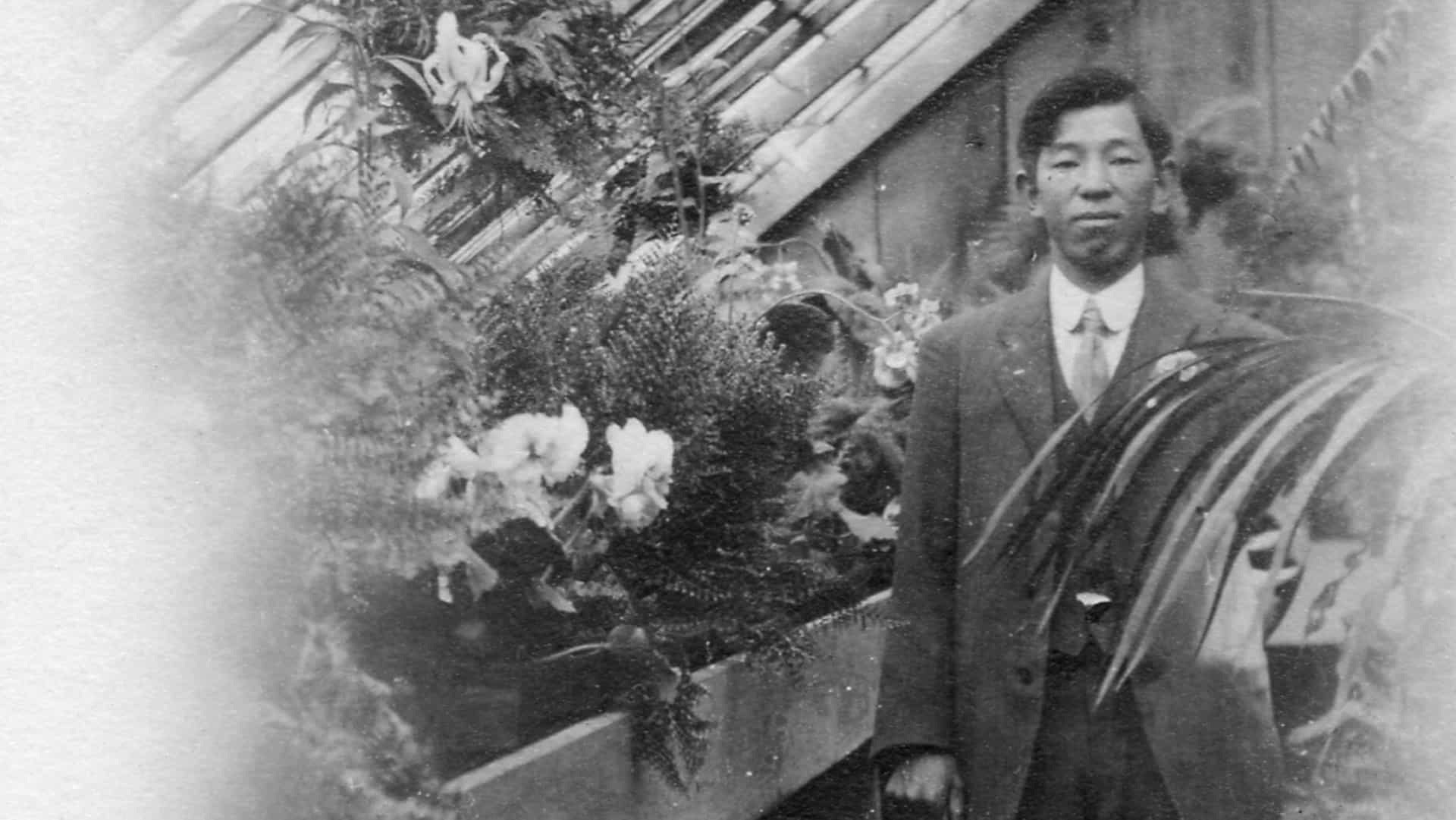







‘We Couldn’t Become Adults’ is a beautifully directed masterpiece, adapted from the popular classic by Moegara. A must watch for any discernible Japanese film fan.
While I would not call it a masterpiece, it is certainly well-directed as you put it.